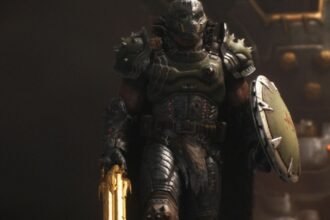On Wednesday, it was revealed that Electronic Arts has decided to cancel a single-player Black Panther game and disbanded Cliffhanger Games, the studio founded two years ago to develop it. This news is certainly a blow to the developers involved, as well as disappointing to gamers and Marvel enthusiasts. However, it comes as no surprise given EA’s recent history of significant cutbacks and project cancellations, reflecting an uncertainty in their approach beyond their established focus on live-service and sports titles.
EA’s CEO Andrew Wilson hinted at the cancellation of the Black Panther game early in 2024. While announcing a series of layoffs—part of a restructuring plan within the past 18 months—he stated that EA would be stepping back from the development of licensed intellectual properties that they don’t see as viable in the evolving industry landscape. Instead, the company aims to concentrate on its own IP, sports, and large online communities. EA has also canceled several Star Wars projects, although it continues to work on an Iron Man game. Wilson appears to have concluded that the industry-wide rush to capitalize on major licenses, inspired by successful titles like Sony’s Spider-Man series and WB Games’ Hogwarts Legacy, may be riskier than anticipated. The mixed reception to recent titles like Suicide Squad: Kill the Justice League and Star Wars Outlaws further supports his viewpoint.
The pressing question is: what will fill the void left by these licensed games? EA consistently generates billions in revenue yearly, primarily from Ultimate Team loot boxes in its sports games, even if those titles aren’t performing as well as expected. Additionally, revenue comes from Apex Legends battle passes and content for The Sims. As a highly successful live-service publisher, this financial success should suffice; however, EA appears to have a complicated relationship with its live-service model.









